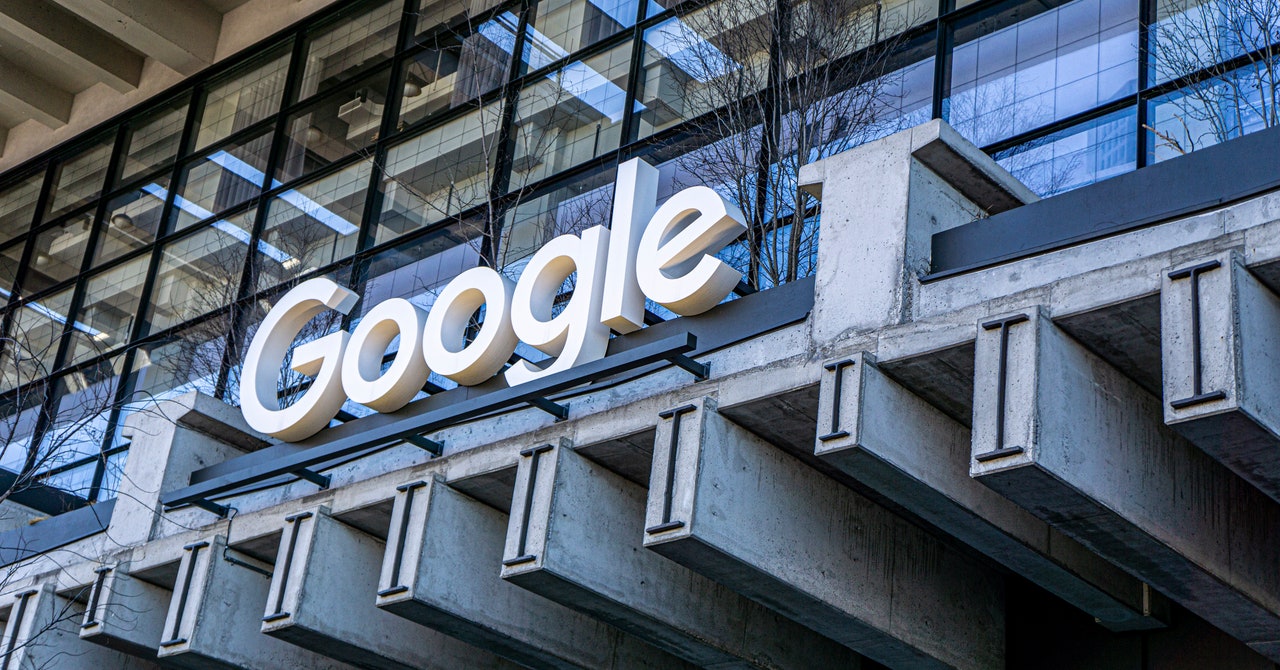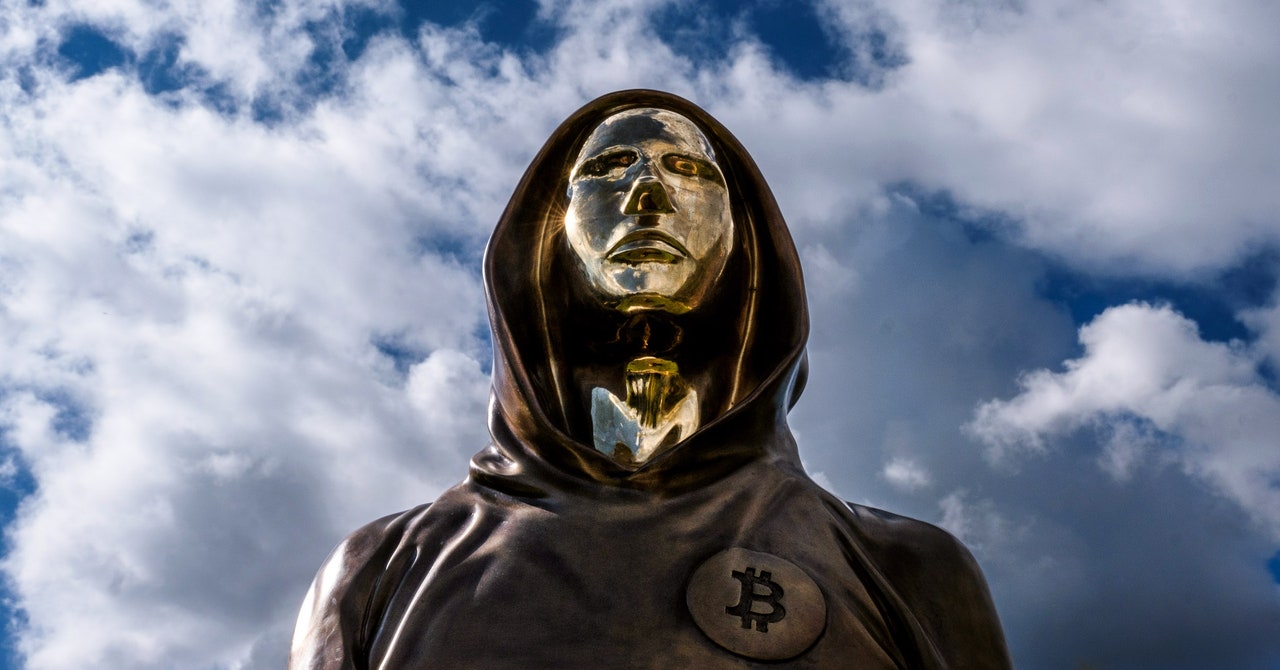Google is now 0 for 2 in antitrust trials. United States District Judge Amit Mehta ruled Monday that Google wrongfully maintained its search dominance by using anticompetitive deals to prevent rivals from gaining ground. And without fear of pressure from competitors, Google has been able to charge what it wants for search ads, he said.
“The evidence at trial firmly established that Google’s monopoly power, supported by the exclusive distribution agreements, allowed Google to increase its text ad prices without any meaningful competitive restraint,” Mehta wrote in a 286-page decision. “Unrestricted price increases have fueled Google’s dramatic revenue growth and allowed it to maintain high and remarkably stable operating profits.”
Its findings are perhaps the most comprehensive study to date of Google’s search engine business, which over the past 26 years has grown into a colossal $175 billion in annual revenue that accounts for much of parent company Alphabet’s profits. Google will appeal as it risks losing prominence on the iPhone and other gateways to the web.
Kent Walker, Google’s president of global affairs, said in a statement that the company would fight the decision because it “recognizes that Google offers the best search engine, but concludes that we shouldn’t be allowed to make it easy accessible’.
United States Attorney General Merrick Garland called the ruling a “historic victory.” Assistant Attorney General Jonathan Canter said it is “paving the way for innovation for generations to come.”
The decision follows a weeks-long trial in Mehta’s courtroom last year in Washington, D.C., in which the U.S. Department of Justice alleged that Google became the world’s most used search engine by paying partners such as Apple and Samsung to advertise it on their devices and software. Google attributes its success to providing the best service and says it faces significant competition from Microsoft and others.
Mehta sided with Google on some issues, but rejected the general argument that the company does not hold any illegal monopoly. Last year, a jury in federal court in San Francisco ruled that Google’s Play app store was an illegal monopoly.
The ways in which Google will have to adjust its business in light of the court rulings in San Francisco and Washington have not yet been determined. Mehta will hold a separate trial to determine remedies in the search case, and a judge is considering proposed penalties in the Play litigation. But some changes Google has made in response to antitrust scrutiny in recent years have been costly.
First test
The case before Mehta was traced to increased oversight of the tech industry under then-President Donald Trump. The Justice Department sued Google in 2020, before Trump left office, and the case became the first of several against major tech companies to go to trial.
Mehta ruled that Google, with about 90 percent market share, has monopoly power in both general search and text ads in general search. It found that Google’s deals with partners harmed competition and that Google had not shown otherwise.




